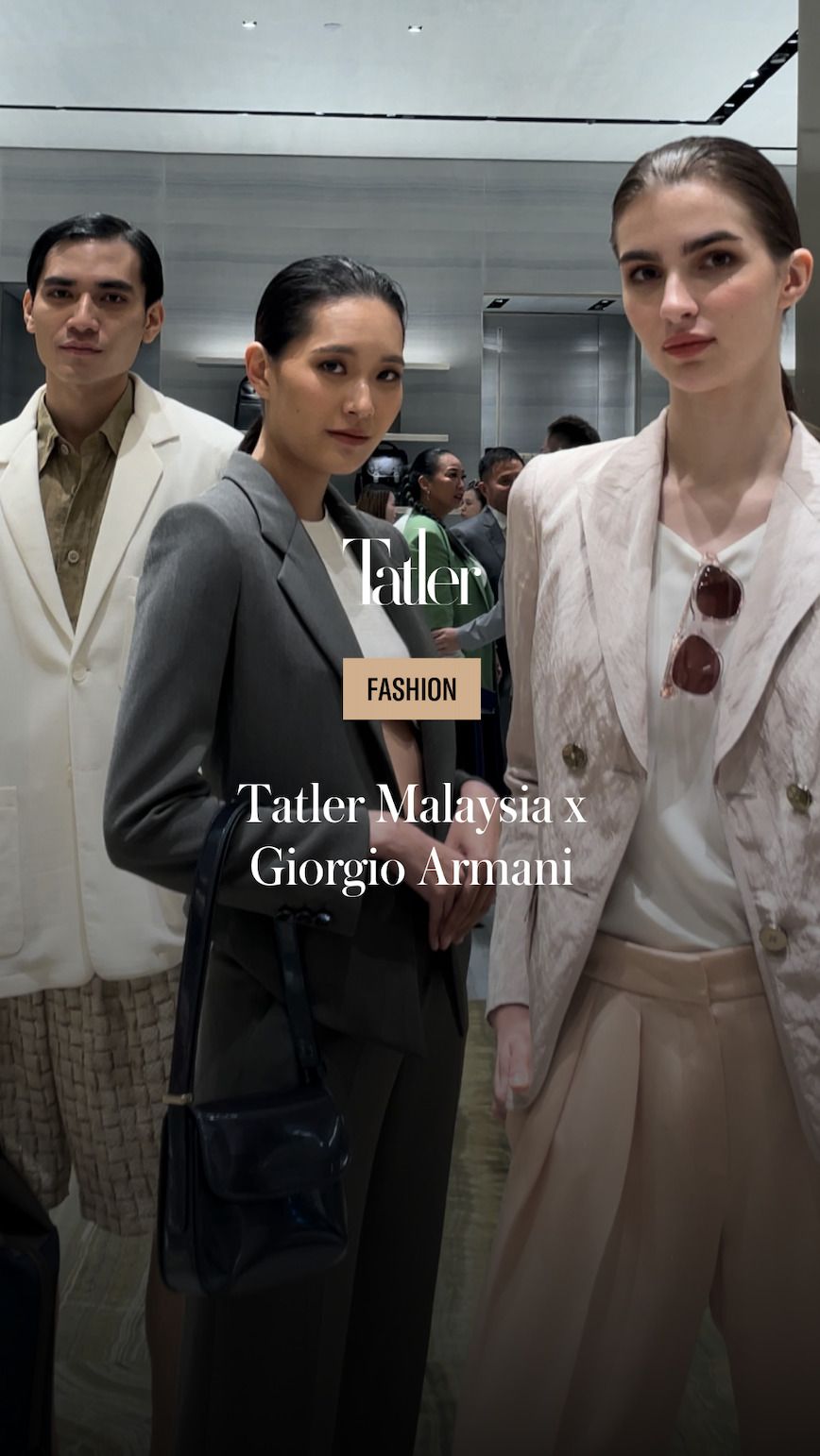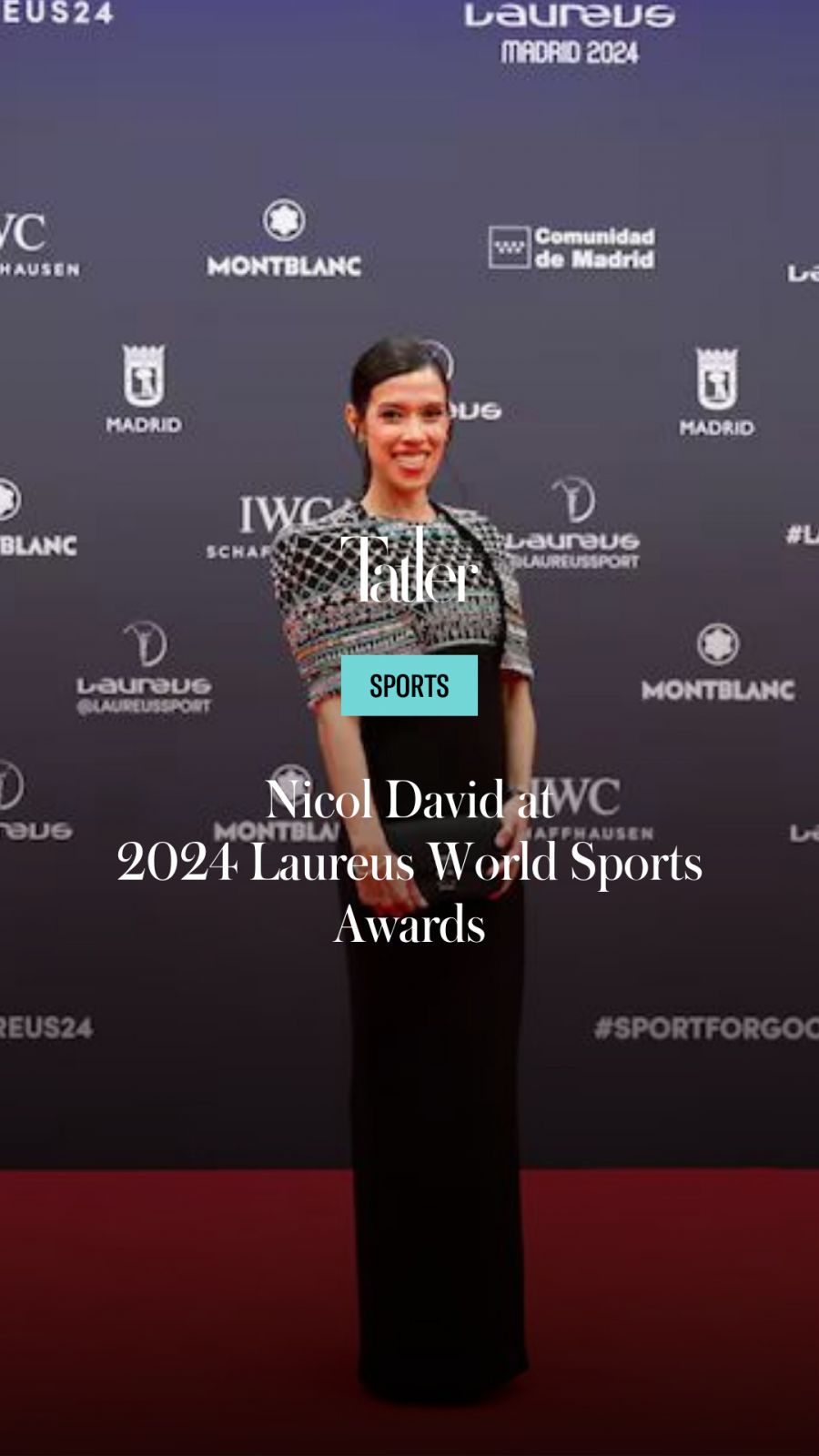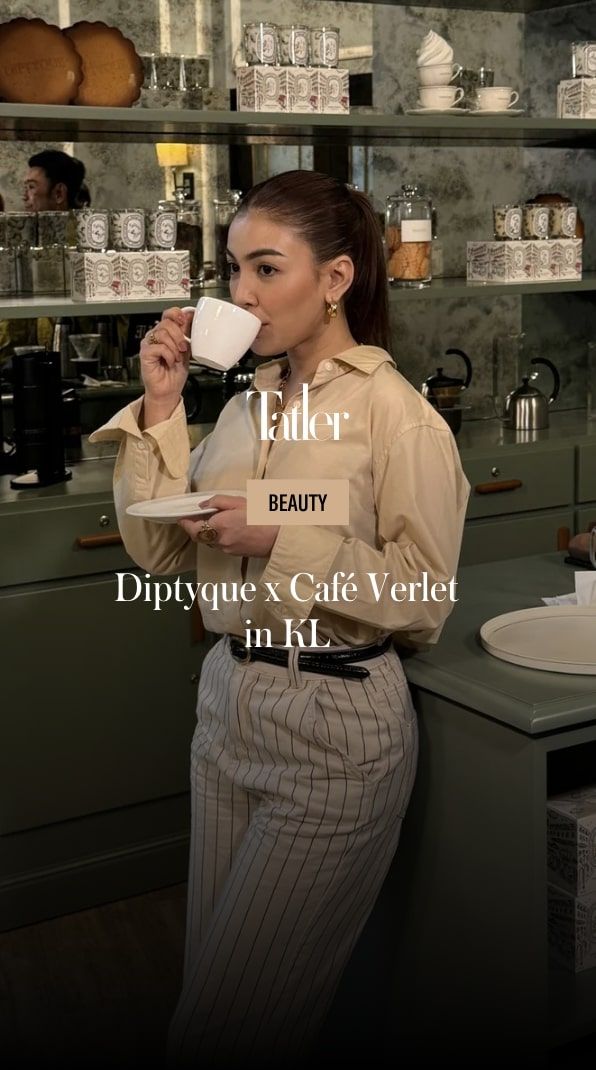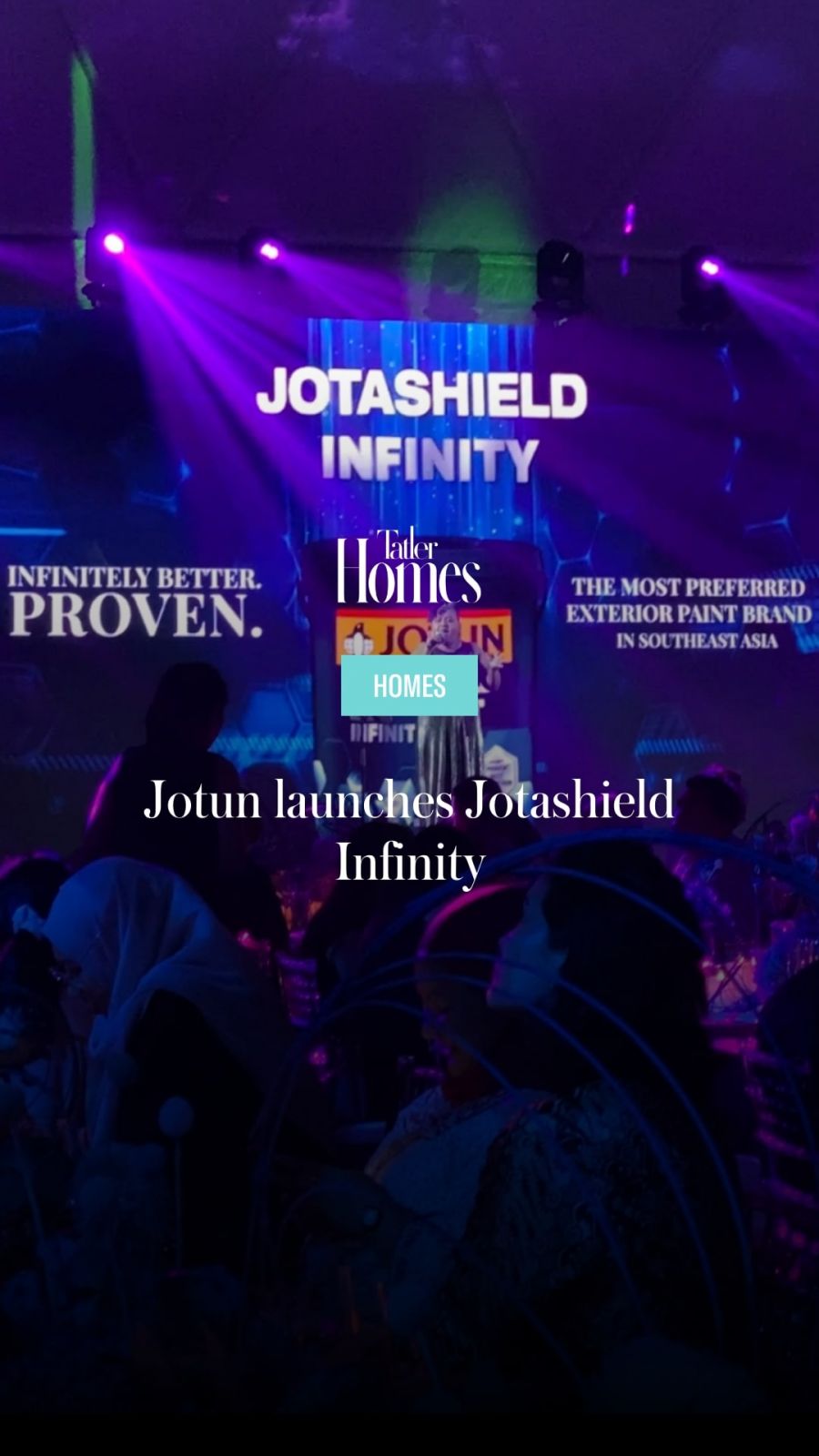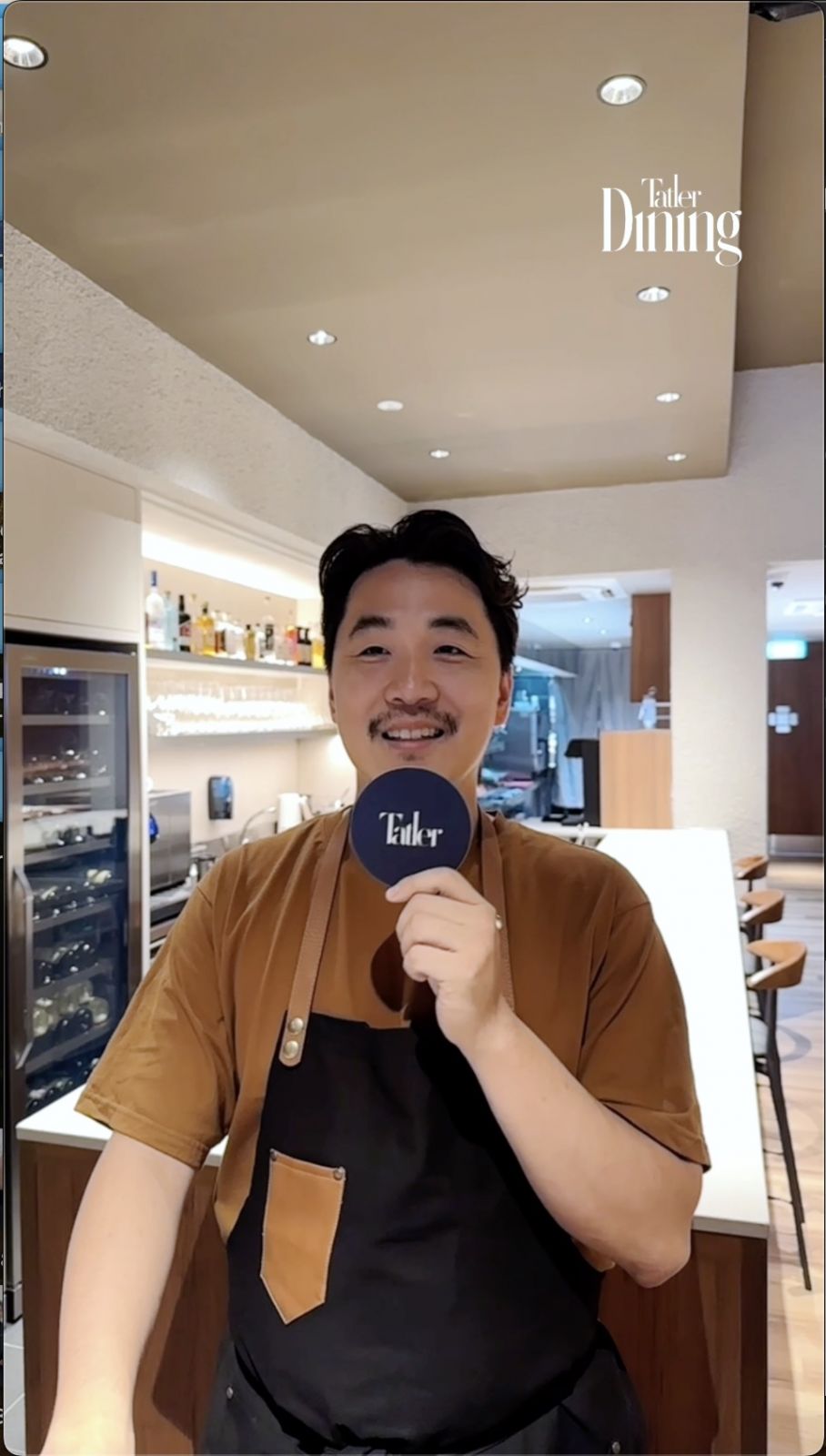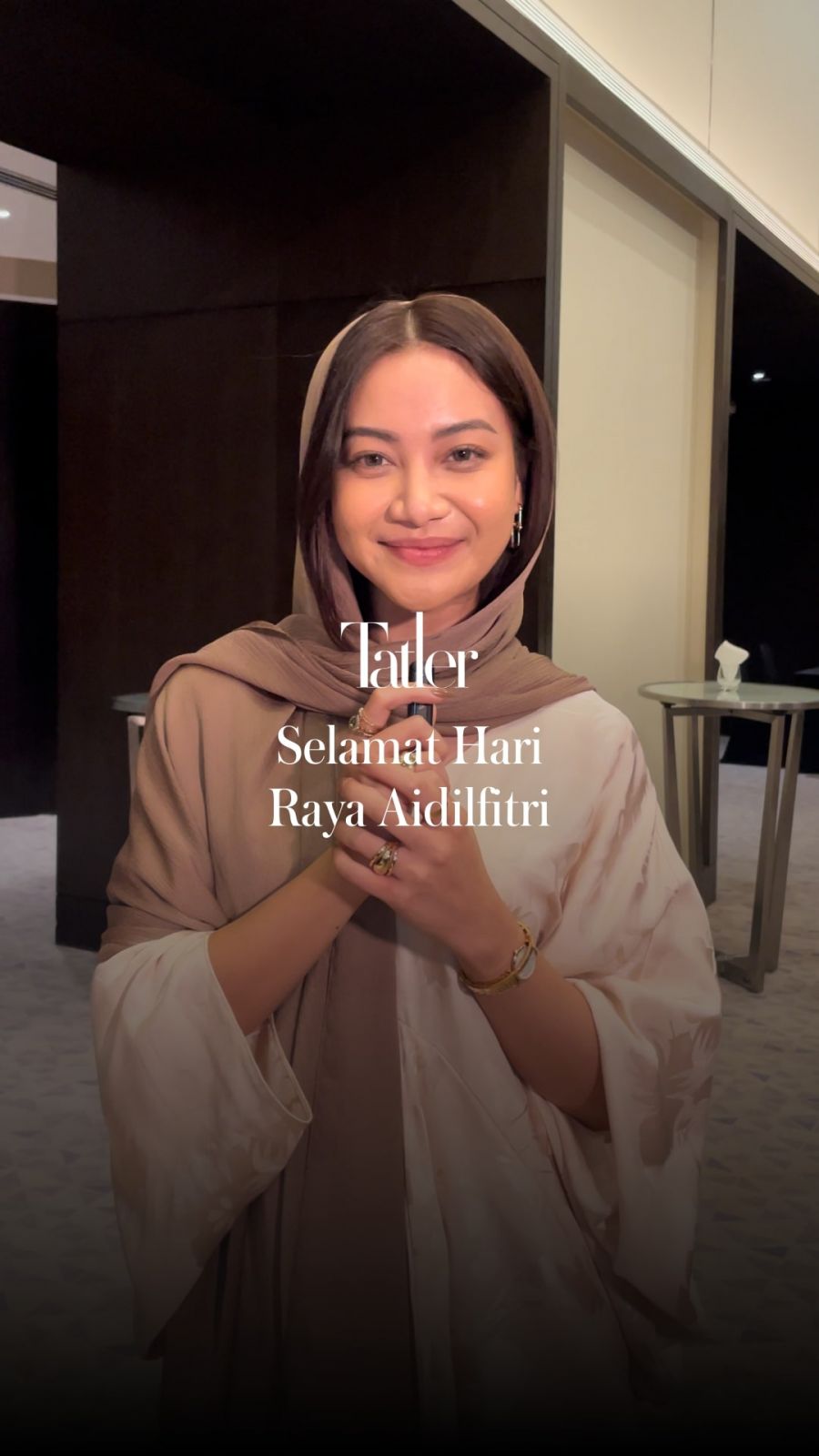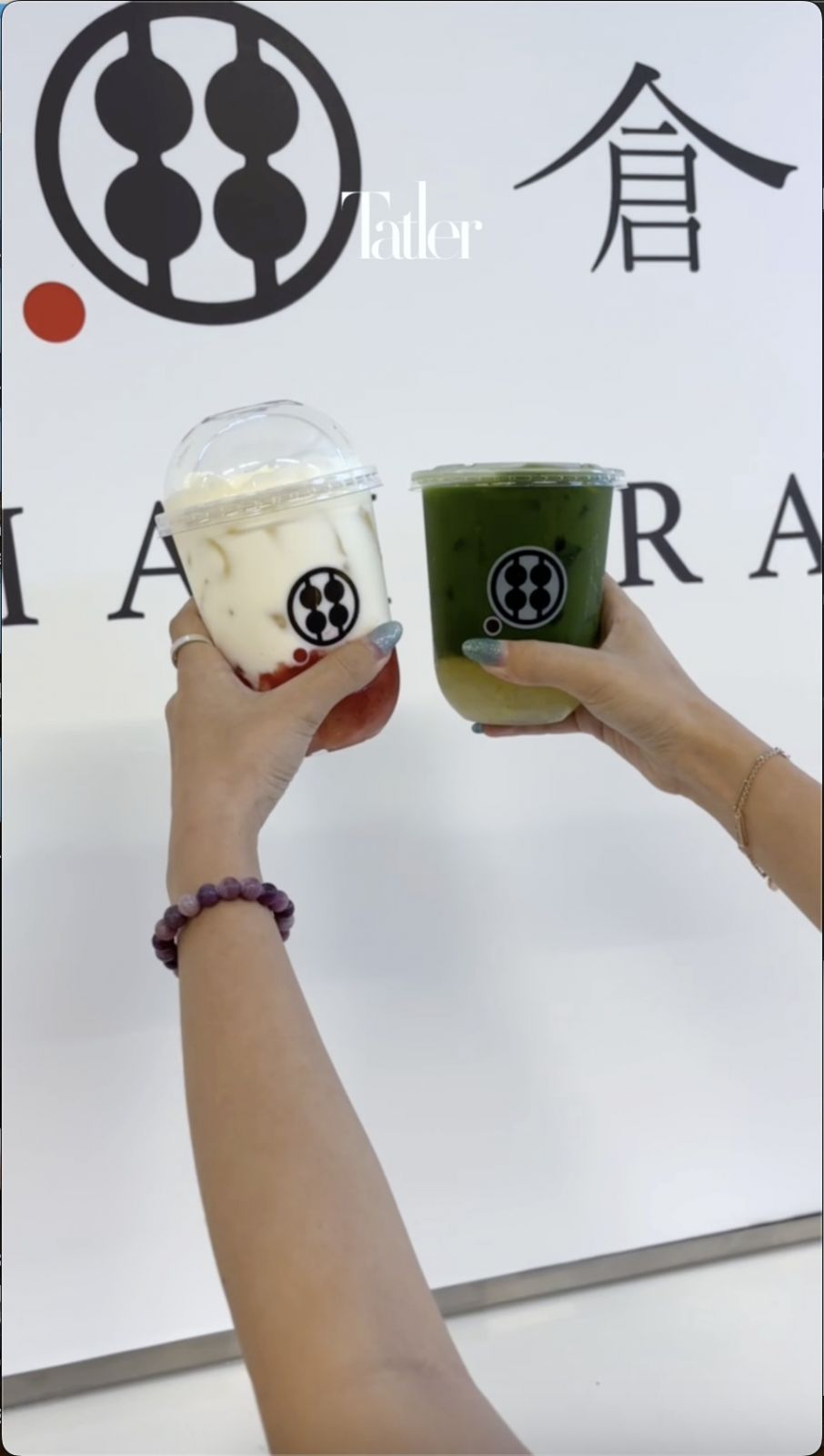Starting as a Starbucks barista 18 years ago, the brand's head of sustainability and social impact Rina Siew shares why empowering people with disabilities is a win for us all
Helmed by members of the Deaf and hard of hearing community, the first ever Starbucks signing store opened in Kuala Lumpur’s Bangsar Village shopping mall in 2016. When it opened, the response from the local community was jubilant. Internationally, reactions were equally full of applause.
Read more: How Asia’s most beautiful Starbucks stores have been designed as places worth travelling to
“I wish there were Starbucks Signing Stores in Ho Chi Minh City, Vietnam!”
“Would be nice to come by when I visit Kuala Lumpur next week. I’m deaf and from Hong Kong.”
“We need one in Fresno, California. There is a huge Deaf community here!”
Even as Starbucks Malaysia celebrated the first anniversary of its signing store a year later in 2017, positive comments like these kept pouring in on social media.
In 2023, The Department of Social Welfare (JKM) revealed that there were over 46,000 people in Malaysia living with hearing impairments.
According to a 2022 report by JKM, the populous states of Selangor, Kuala Lumpur and Johor had more individuals with hearing disabilities compared to other states, with Selangor and Kuala Lumpur comprising more than 10,000 registered people. The need for more inclusive and safe spaces for members of the Deaf community is greater than ever. Back in 2016, such spaces were similarly lacking—until Rina Siew and her team decided to do something about it.
See also: This 2021 Film Brought Poetry To Life With Malaysian Sign Language
Eighteen years ago, Siew worked as a part-time barista at Starbucks as an undergrad degree student. What was initially supposed to be a temporary job at Starbucks evolved over more than a decade of Siew helming various roles in the coffee company, spanning marketing, public relations communications and digital strategy.









